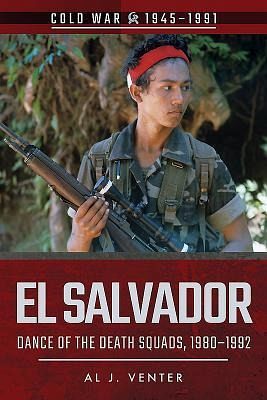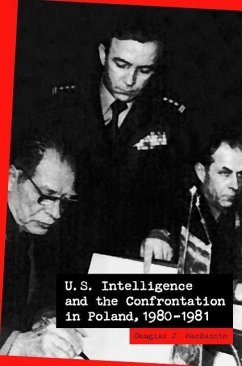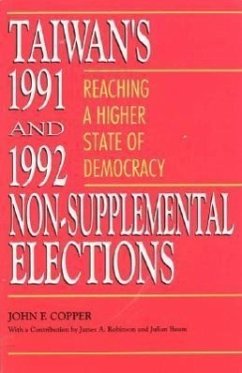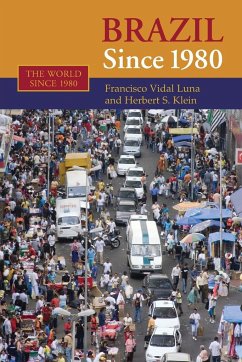Nicht lieferbar

El Salvador: Dance of the Death Squads, 1980-1992
Versandkostenfrei!
Nicht lieferbar
When the world held its breath ... It is more than 25 years since the end of the Cold War. It began over 75 years ago, in 1944 - long before the last shots of the Second World War had echoed across the wastelands of Eastern Europe - with the brutal Greek Civil War. The battle lines are no longer drawn, but they linger on, unwittingly or not, in conflict zones such as Syria, Somalia and Ukraine. In an era of mass-produced AK-47s and ICBMs, one such flashpoint was El Salvador ... The twelve-year guerrilla war in El Salvador - the smallest country in Central America after Belize - was one of the ...
When the world held its breath ... It is more than 25 years since the end of the Cold War. It began over 75 years ago, in 1944 - long before the last shots of the Second World War had echoed across the wastelands of Eastern Europe - with the brutal Greek Civil War. The battle lines are no longer drawn, but they linger on, unwittingly or not, in conflict zones such as Syria, Somalia and Ukraine. In an era of mass-produced AK-47s and ICBMs, one such flashpoint was El Salvador ... The twelve-year guerrilla war in El Salvador - the smallest country in Central America after Belize - was one of the most intense insurgencies fought in the Central and South American region since the end of the Second World War. Backed by the Soviet Union and Cuba, the struggle was initiated on 15 October 1979 - largely from Nicaraguan soil - by the radical Farabundo Martí National Liberation Front (FMLN), a coalition or 'umbrella organization' of five socialist and communist guerrilla groups. Fearful of supporting an oppressive regime in San Salvador and media reports of 'death squads', this drew a quick but muted response from a United States headed by Jimmy Carter and a Democratic majority in Congress. However, once Ronald Reagan was elected into office, through various US intelligence bodies, the CIA especially, significant amounts of military hardware - including a variety of the same aircraft and helicopters originally deployed in Vietnam - were pumped into the country to counter Soviet efforts to support the rebels. The Salvadorian security forces were eventually molded into an effective counter-guerrilla force that was to force the rebels to the negotiating table.













